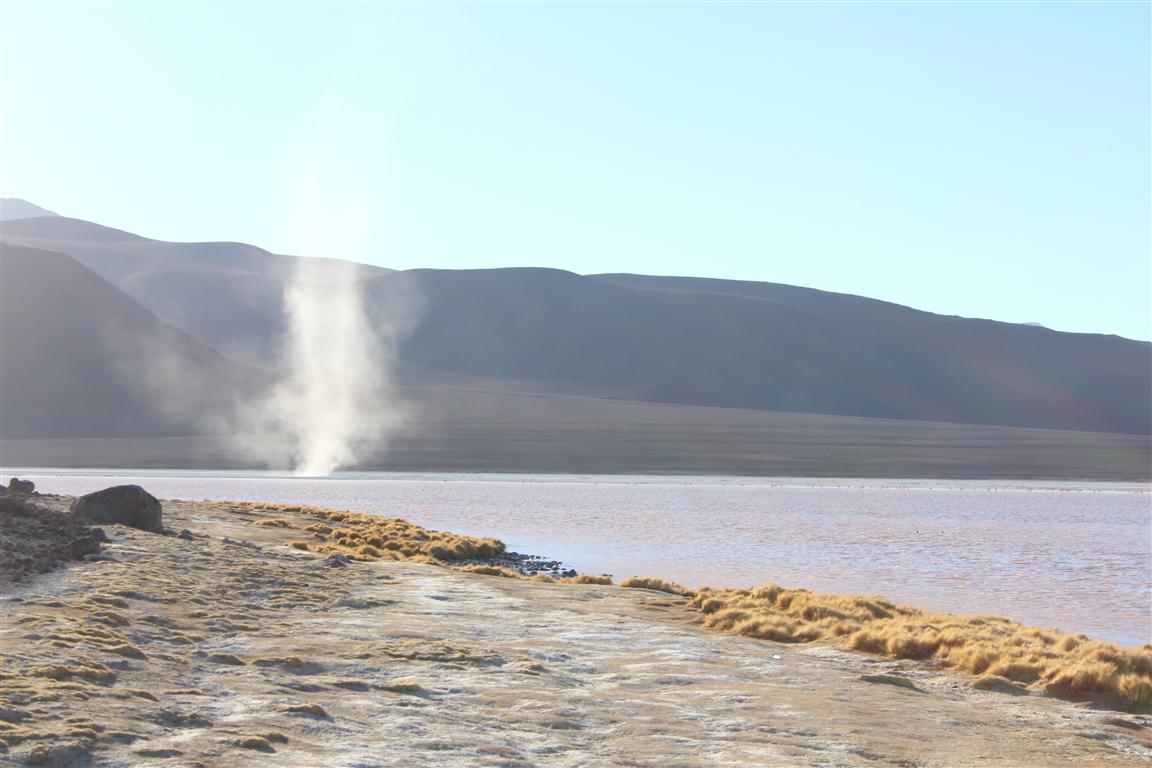In 2000 in the UK, the Freedom of Information Act gave us all the ‘right to know’ what our public bodies were up to. We can ask for information about a huge range of items, and it’s a great idea. Information should, in my view, be as open and transparent as possible.
But there’s a problem.
It’s become easier and easier to make FOI requests, for example using sites like the excellent http://www.whatdotheyknow.com/
I like this. I like efficiency. I like speedy, easy to use systems.
But what I don’t particularly like are some people.
Let me explain. People, in general, tend to be quite nice, harmless, and socially aware. But a significant proportion, perhaps 20%, are best described as spoiled, selfish, mean… you know what I mean. And that’s an awful lot of people. In our population of 60 million or so that means there are 12 million not especially nice folk around. A smaller proportion, perhaps a million, will be genuinely unpleasant*.
So, what happens when a large number of people can easily make requests to the FOI that are, to all intents and purposes, selfish?
This is what happens, each set from just one user:
In each case the requests pertained to commercial information. The diesel misfuelling question is by Nick Panchaud, who a quick bit of googling for the term “Nick Panchaud diesel” reveals him to be commenting around the place promoting the Diesel Key, a device to prevent petrol hoses being inserted into diesel vehicles.
Natalie Davis and Keith Griffiths are harder to track down conclusively due to their more common names, but the requests they make would only really be of interest to commercial organisations, so I’m rolling with it.
What’s happening is that at least some people are making multiple FOI requests for commercial gain. Yet there’s a massive cost behind all this. I decided to do a little bit of FOI requesting myself. My question? How much did Nick Panchaud’s requests cost you to service?
I only asked three public bodies (let’s not build up the costs here!) and two responded ( http://www.whatdotheyknow.com/user/david_coveney ) giving costs of £87.63 and £50. Not much of a sample size, but let’s roll with it – it may be representative. Given that, you can see that to fulfil Mr Panchaud’s research it has cost public bodies as much as £41,900. Money that has come out of tax payer’s pockets.
If we assume similar costs for those other requests I’ve listed above (it may be quite a bit more: http://www.scotland.gov.uk/News/Releases/2010/11/12143737) , we’re looking at potentially another £87,700. So three people with commercial interests have sucked over £100k from our economy.
A Possible Solution
FOI requests are costing the country millions. People like our Nick Panchaud above are not using the FOI system in the spirit in which it was meant to be used. Consequently they are costing us a fortune and we need to find a way, in these difficult times, to slash those costs.
I propose a change to the FOI system that makes all requesters pay a small fee. It doesn’t have to be a lot – perhaps £10 each. That would stop the scurrilous and wasteful requests, whilst still keeping the system open for those with a real purpose for the information they seek. Even commercial researchers. Obviously it should be reviewed in time – it may need to go up, or down, but usually people are economically quite selfish and they’ll consider more carefully the requirement.
I know this post is likely to disappear in the noise and won’t get much traction, but this has been bugging me for a while now and I had to say something!
* On the upside, there’s 600,000+ geniuses (depending how you measure it) floating around, so maybe they balance out. Then again, perhaps 20% of those geniuses are evil geniuses. In which case that’s 120,000 evil geniuses in the country. That’s a lot.


